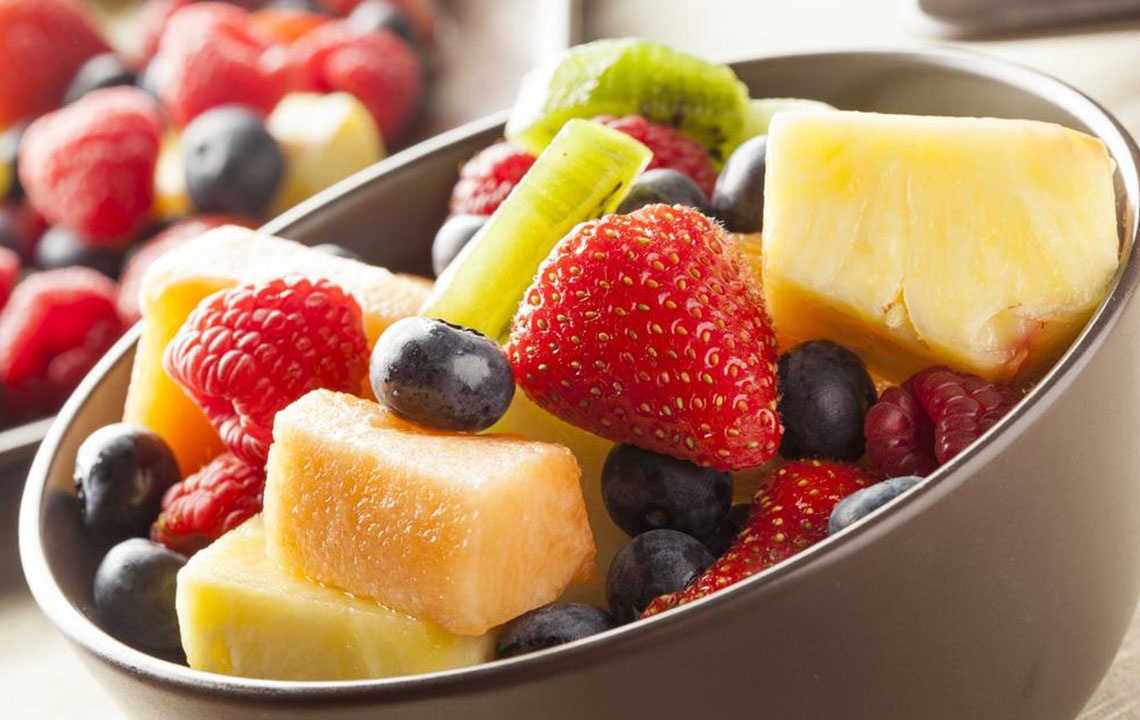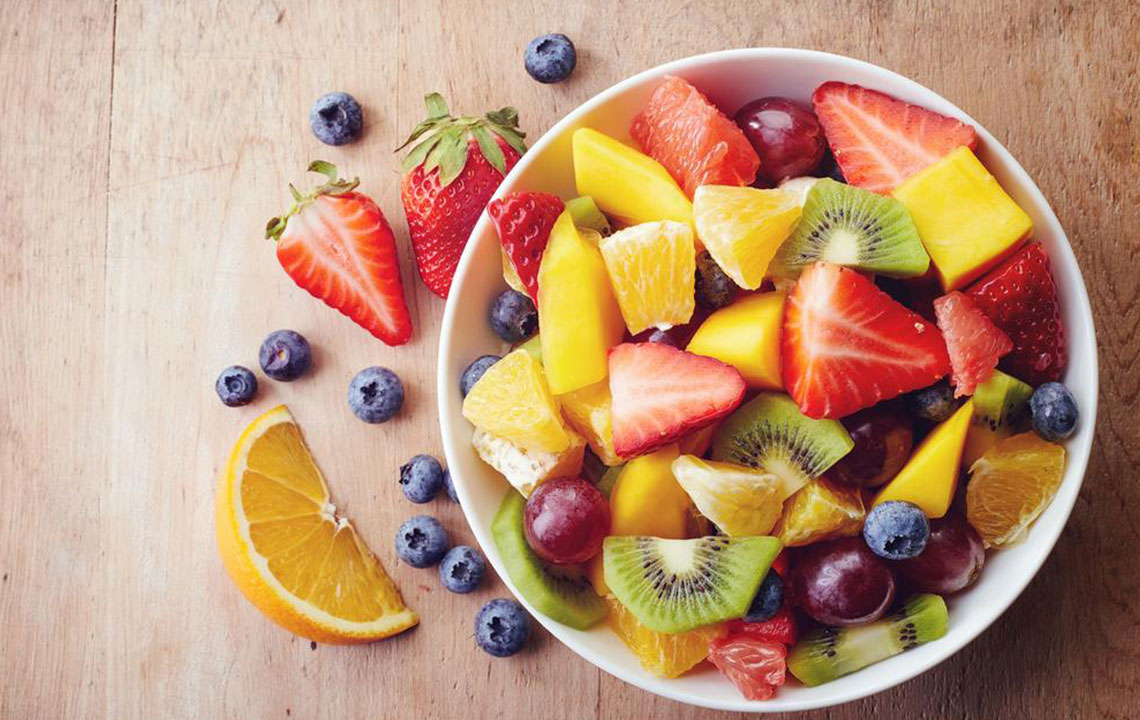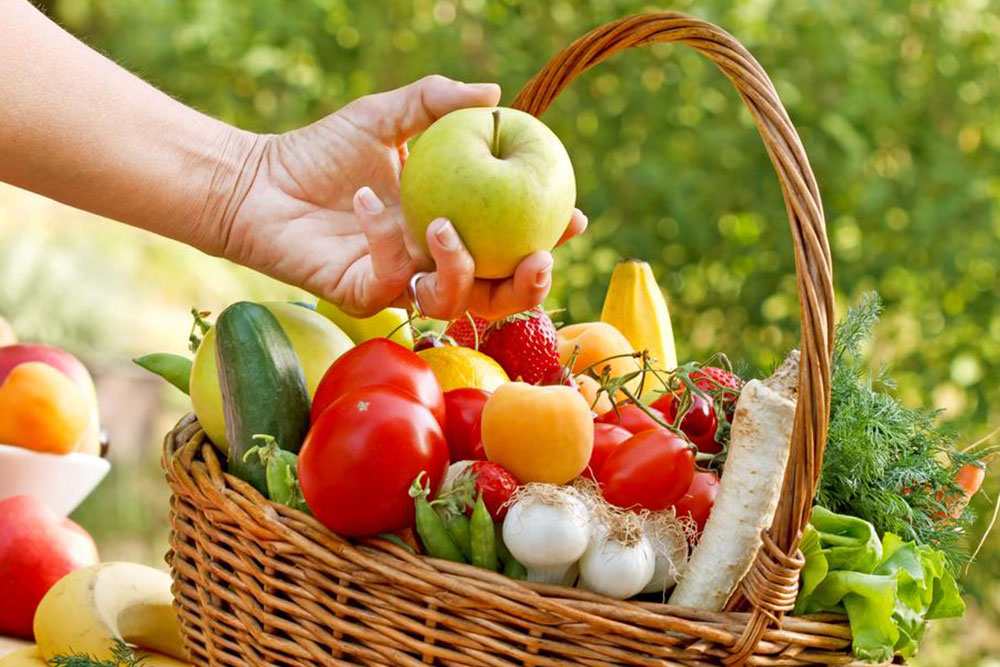Guide to Foods Suitable and Unsuitable for Managing Diabetes
This comprehensive guide highlights foods beneficial and harmful for diabetes management. It emphasizes balanced eating, choosing whole grains, vegetables, fruits, lean proteins, and healthy fats, while limiting processed foods, sugary treats, and trans fats. With mindful choices and moderation, diabetics can enjoy diverse and flavorful meals while maintaining optimal blood sugar levels and overall health.
Sponsored

Diabetes often accompanies other health issues like high blood pressure and cardiovascular conditions. Lifestyle, diet, and food choices play a vital role in managing this disease effectively.
With proper nutrition and mindful eating, diabetes can be controlled or even nearly reversed. Enjoying a varied and flavorful diet is possible without compromising blood sugar levels. It's essential to recognize foods that elevate glucose, but occasional indulgence in certain treats is acceptable in moderation.
Understanding how specific foods impact blood sugar is crucial. Carbohydrates are converted into glucose, influencing your sugar levels. Choosing foods carefully can help maintain balance while still enjoying favorite dishes.
Here are key guidelines to help you follow a balanced diabetes-friendly diet without feeling deprived.
What should you eat?
A balanced diet tailored to your nutritional needs and weight management is essential. Here’s a comprehensive list of foods to include and avoid for optimal blood sugar control.
Starches
Carbohydrate-rich foods significantly influence blood sugar levels. Select healthier options from the list below:
Whole grains like brown rice, oats, quinoa, millet
Baked sweet potatoes (avoid frying)
High-fiber cereals made from whole grains
Shirataki noodles
Foods to avoid: White rice, pasta, instant oatmeal, white bread.
Vegetables
Vegetables offer vital nutrients and fiber, supporting weight management and blood sugar control. Include these in your meals:
Fresh, steamed, roasted, or grilled vegetables
Leafy greens such as kale, spinach, broccoli, arugula
Low-sodium vegetables (without added salt)
Carrots, beans, onions, squash, eggplant
Foods to limit or avoid: Potatoes, corn, pickled or canned vegetables.
Fruits
Fruits provide vital vitamins, minerals, and fiber, though they contain natural sugars. Opt for these choices:
Fresh fruits, especially berries like strawberries
Canned fruits with low or no added sugar
Seasonal fruits
Foods to avoid: Dried fruits, fruit sauces high in sugar, jams, jellies, fruit juices, sweetened beverages.
Coffee
Moderate coffee consumption may be beneficial for diabetes risk reduction. Prefer these options:
Unsweetened cappuccinos
Low-sugar coffee brews
Lightly flavored frappuccinos
Foods to avoid: Flavored coffee drinks with added sugars or sweeteners.
Dairy
Dairy products should be chosen wisely. Suitable options include:
Skimmed milk
Low-fat yogurt and cottage cheese
Low-fat sour cream
Foods to avoid: Whole milk, flavored yogurts with added sugars, ice cream.
Sweets and Syrups
While high in sugar, small amounts of natural sweeteners are acceptable. Consider:
Apple cider vinegar
Natural sweeteners like stevia
Foods to avoid: Honey, maple syrup, candies, pies, cookies.
Proteins
Protein-rich foods support overall health. Opt for:
Seafood
Plant-based protein sources
Poultry
Eggs
Foods to limit or avoid: Regular cheese, poultry with skin.
Meat
Meat can be included in moderation:
Low-fat meat
Fatty fish like salmon
Foods to avoid: Processed meats, red meat, pork bacon.
Oils
Healthy oils support diabetes management. Prefer:
Extra virgin olive oil
Plant-based oils like canola and flaxseed oil
Fish oils
Foods to avoid: Trans fats and hydrogenated oils.
Nuts and Seeds
Nuts provide fiber, protein, and healthy fats. Include:
Flaxseeds
Almonds, pistachios, walnuts
Chia seeds
Foods to avoid: Groundnuts, coconut.
In summary, most food groups can be part of a diabetic-friendly diet with moderation. Awareness of foods to avoid helps in maintaining blood sugar levels effectively. Adjusting lifestyle and diet makes managing diabetes more achievable without sacrificing flavor.






